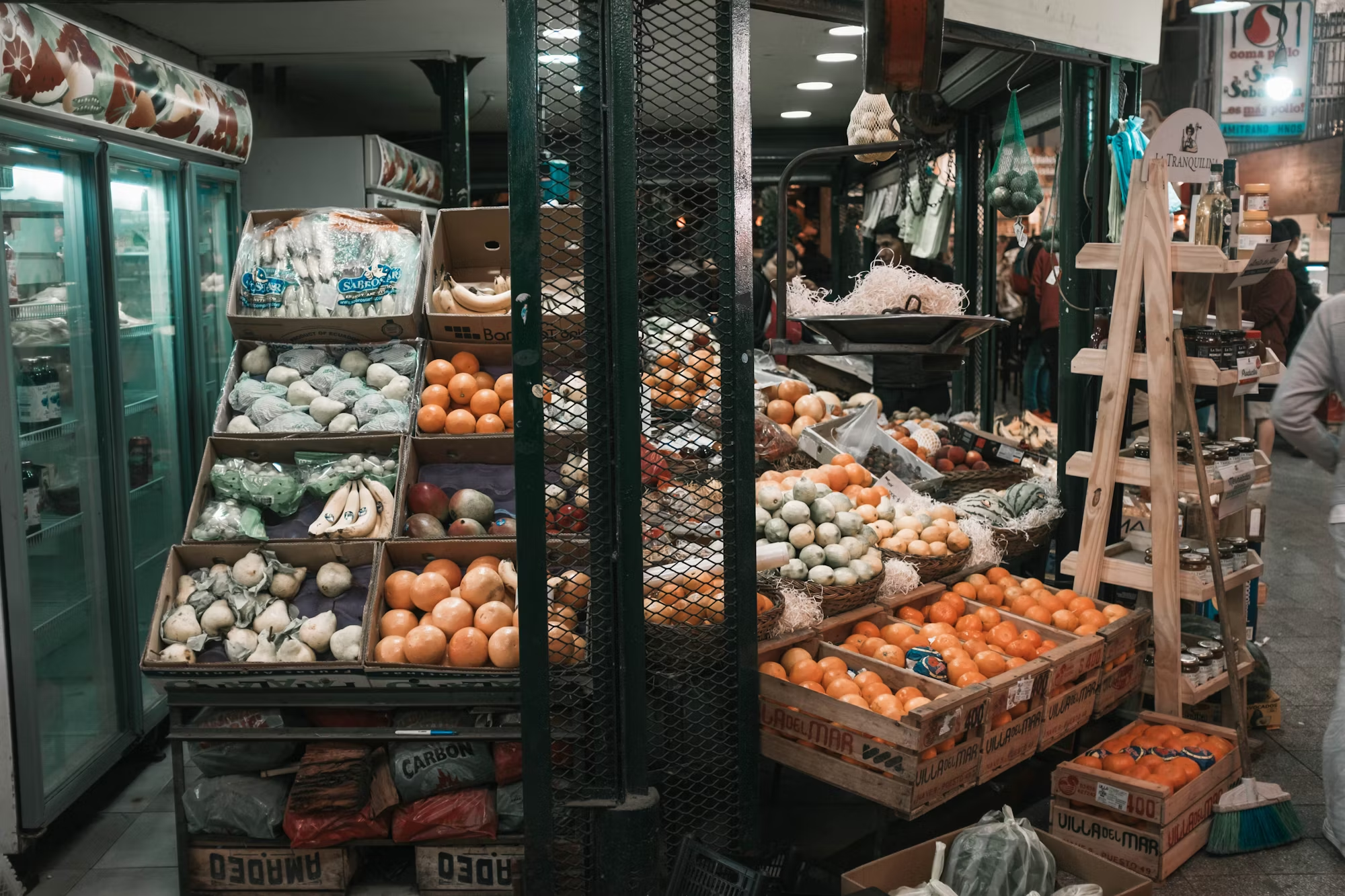Farmers’ markets have become a cherished staple in many communities, offering a vibrant hub for local agriculture and fostering connections among residents. These markets are more than just places to buy fresh produce; they are a reflection of community values, promoting health, sustainability, and local economy. As we explore the significance of farmers’ markets, we will uncover their role in enhancing community wellness, supporting local farmers, and encouraging sustainable practices.
At their core, farmers’ markets create a direct link between consumers and producers. Shoppers have the opportunity to purchase fruits, vegetables, meats, dairy, and artisanal goods directly from the people who grow and create them. This direct connection not only ensures fresher produce but also allows consumers to ask questions about farming practices and the origins of their food. By knowing where their food comes from, shoppers feel more empowered and engaged in their dietary choices.
Moreover, the seasonal nature of farmers’ markets encourages a diet rich in variety and nutrition. As different crops come into season, shoppers are exposed to a wide array of fruits and vegetables they may not encounter in traditional grocery stores. This seasonal approach promotes healthier eating habits, as consumers are encouraged to incorporate fresh, local produce into their diets. By exploring the flavors of the season, families can also create memorable culinary experiences together, further enhancing their connection to food.
Another essential aspect of farmers’ markets is their contribution to the local economy. When consumers choose to shop at these markets, they are directly supporting local farmers and artisans, ensuring that more of their money stays within the community. This financial support helps sustain local agriculture, encouraging farmers to continue their practices and invest in their businesses. The ripple effect of this support extends to the entire community, as local businesses thrive and job opportunities are created.
Farmers’ markets also foster a sense of community. They are gathering places where residents can come together, share stories, and build relationships. As shoppers stroll through the stalls, they encounter not just fresh produce but also their neighbors, friends, and local artisans. This social aspect is vital for community cohesion, as it strengthens connections among residents and creates a sense of belonging.
In addition to their social benefits, many farmers’ markets actively promote inclusivity and accessibility. Programs that accept food assistance benefits, such as SNAP (Supplemental Nutrition Assistance Program), help ensure that everyone has the opportunity to access fresh, healthy food. These initiatives reflect a commitment to community wellness, addressing food insecurity while encouraging healthy eating habits across diverse demographics.
Sustainability is another cornerstone of farmers’ markets. Many local farmers prioritize eco-friendly practices, such as organic farming, crop rotation, and sustainable pest management. By choosing to support these markets, consumers are endorsing environmentally responsible practices that minimize the impact on the planet. The emphasis on local sourcing reduces transportation emissions and fosters a sense of stewardship for the environment.
Educational opportunities abound at farmers’ markets, further enriching the community experience. Many markets offer workshops, cooking demonstrations, and nutrition education sessions. These activities not only empower consumers with knowledge about healthy eating and cooking but also provide a platform for local chefs and nutritionists to share their expertise. By fostering an environment of learning, farmers’ markets contribute to long-term health and wellness in the community.
The role of farmers’ markets in community wellness is particularly evident in their adaptability. In recent years, many markets have expanded their offerings to include not just food but also handmade goods, crafts, and local art. This diversification attracts a broader audience and enhances the overall market experience. Shoppers can find unique items while enjoying live music or participating in community events, turning a simple shopping trip into a festive outing.
As cities continue to grow and urban spaces expand, farmers’ markets play a crucial role in maintaining a connection to local agriculture. Urban farmers’ markets allow city dwellers to experience the bounty of nearby farms, bringing fresh produce and local goods to urban centers. This accessibility is essential for fostering appreciation for local agriculture, even in densely populated areas.
The impact of farmers’ markets extends beyond immediate economic benefits; they also promote public health. Access to fresh, nutritious food is a cornerstone of health and well-being. By providing local communities with access to fresh produce, farmers’ markets contribute to better health outcomes, reducing the risk of diet-related illnesses. Moreover, the emphasis on nutrition education empowers consumers to make informed dietary choices, leading to healthier lifestyles.
Farmers’ markets can also serve as incubators for local entrepreneurship. Many aspiring food producers and artisans start their businesses at farmers’ markets, using them as a platform to test their products and engage with customers. This entrepreneurial spirit nurtures innovation and creativity, allowing local talent to flourish. As these small businesses grow, they contribute to the overall economic landscape, enhancing the community’s vibrancy.
The sense of community cultivated at farmers’ markets creates a welcoming atmosphere where everyone feels valued. Children often enjoy interactive activities like face painting or petting zoos, while adults can engage in conversations with local farmers and artisans. These shared experiences foster intergenerational connections, helping to build a stronger community fabric.
In conclusion, farmers’ markets are much more than venues for purchasing food; they are vital components of community wellness. By promoting local agriculture, fostering social connections, and encouraging sustainable practices, these markets contribute significantly to the overall health and vitality of communities. As we continue to embrace the value of supporting local farmers and artisans, we not only enrich our lives but also lay the groundwork for healthier, more connected communities. The continued growth and popularity of farmers’ markets signal a collective commitment to nurturing our local economies, celebrating diverse cultures, and fostering a sustainable future.
